CAEN, FRANCE—Genetic analysis of remains recovered from the long barrows at Fleury-sur-Orne, a 6,000-year-old cemetery in northwestern France, suggests that the Cerny culture was patrilineal, according to a Live Science report. Maïté Rivollat of the University of Bordeaux and the Max Planck Institute and her colleagues were able to obtain DNA from 14 of the 19 sets of human remains found at the site. Thirteen of them were identified as male, and only two of them, a father and son, were related. The remains of the one female buried in the barrow were surrounded by arrowheads, which are often considered to be a masculine artifact. The researchers conclude that burial at the monumental site may have been reserved for elite men from unrelated families or clans over a period of several centuries. To read about a megalithic cemetery in central France, go to "Megalithic Mystery."
DNA Study Offers Clues to Neolithic Burials in France
News May 6, 2022
Recommended Articles
Digs & Discoveries July/August 2025
Neolithic Neophytes

Letter from the Levant March/April 2025
On the Origin of the Pork Taboo
Exploring ancient people’s shifting beliefs about rearing and eating pigs
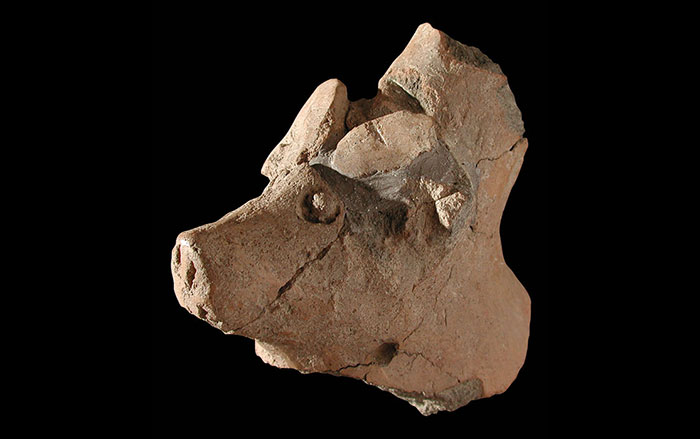
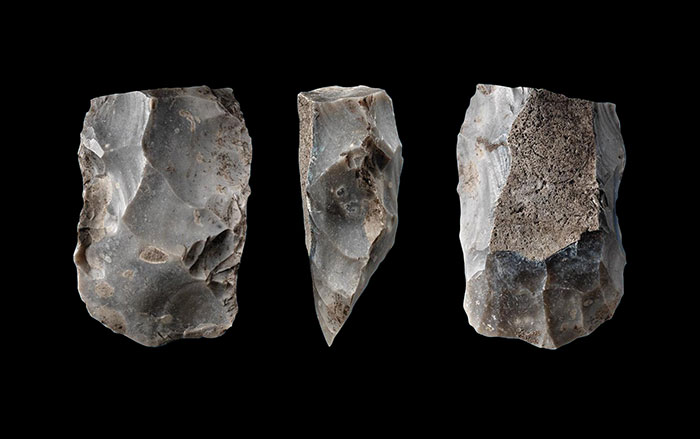
Digs & Discoveries September/October 2024
Location is Everything
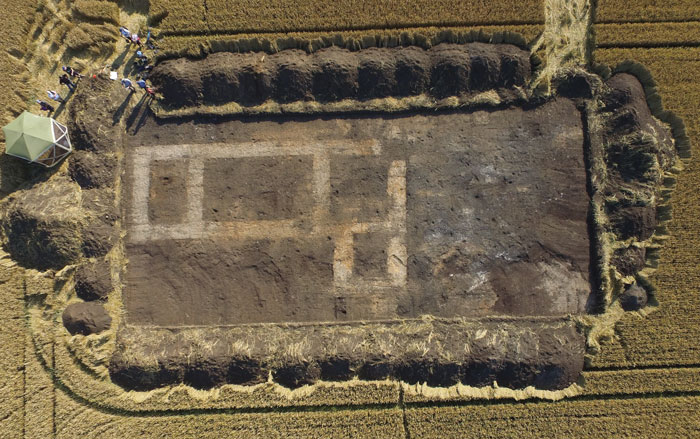
-
Features March/April 2022
The Last King of Babylon
Investigating the reign of Mesopotamia’s most eccentric ruler
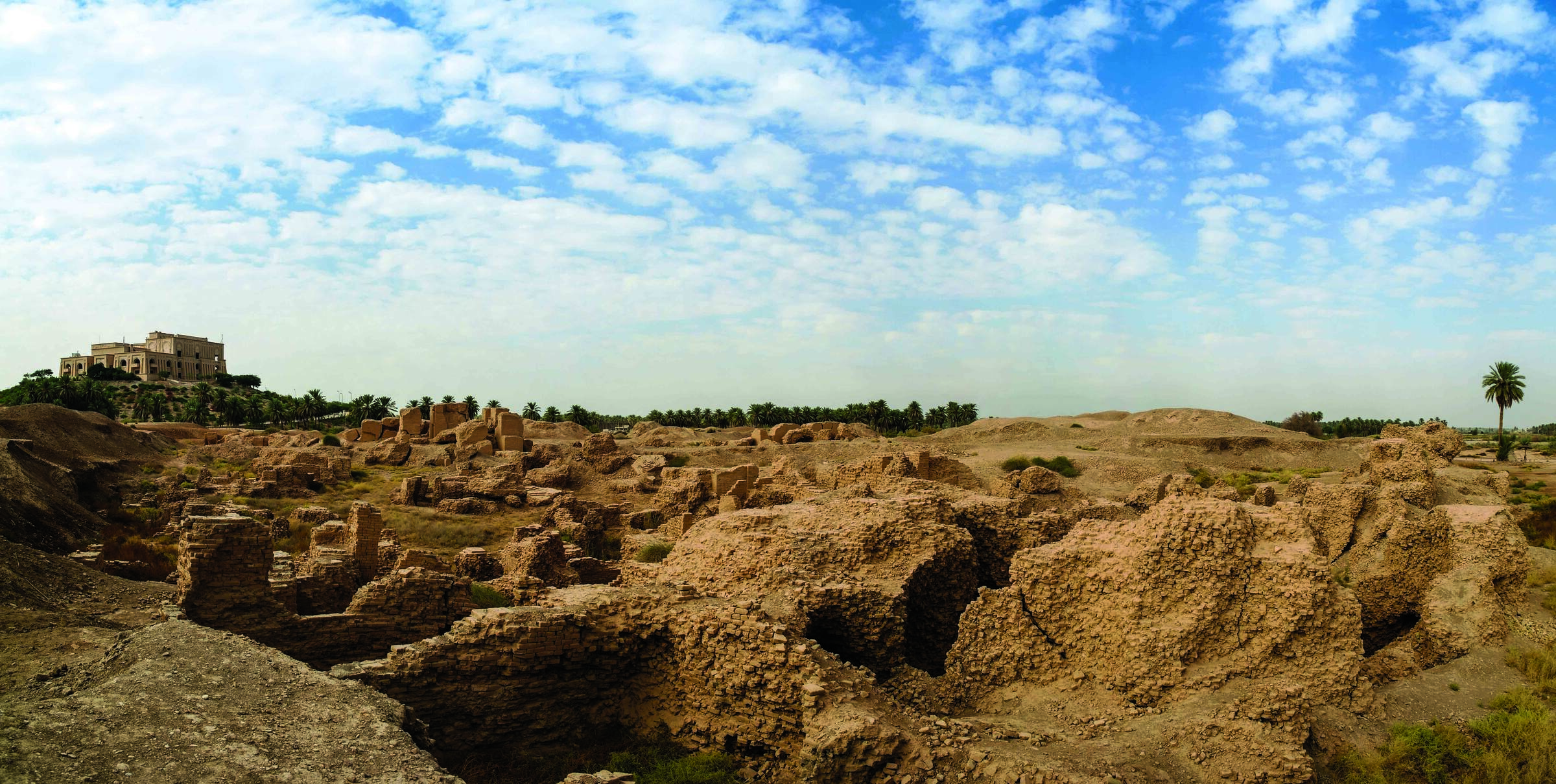 (iStock/HomoCosmicos)
(iStock/HomoCosmicos) -
Features March/April 2022
Paradise Lost
Archaeologists in Nova Scotia are uncovering evidence of thriving seventeenth-century French colonists and their brutal expulsion
 (© Jamie Robertson)
(© Jamie Robertson) -
Features March/April 2022
Exploring Notre Dame's Hidden Past
The devastating 2019 fire is providing an unprecedented look at the secrets of the great cathedral
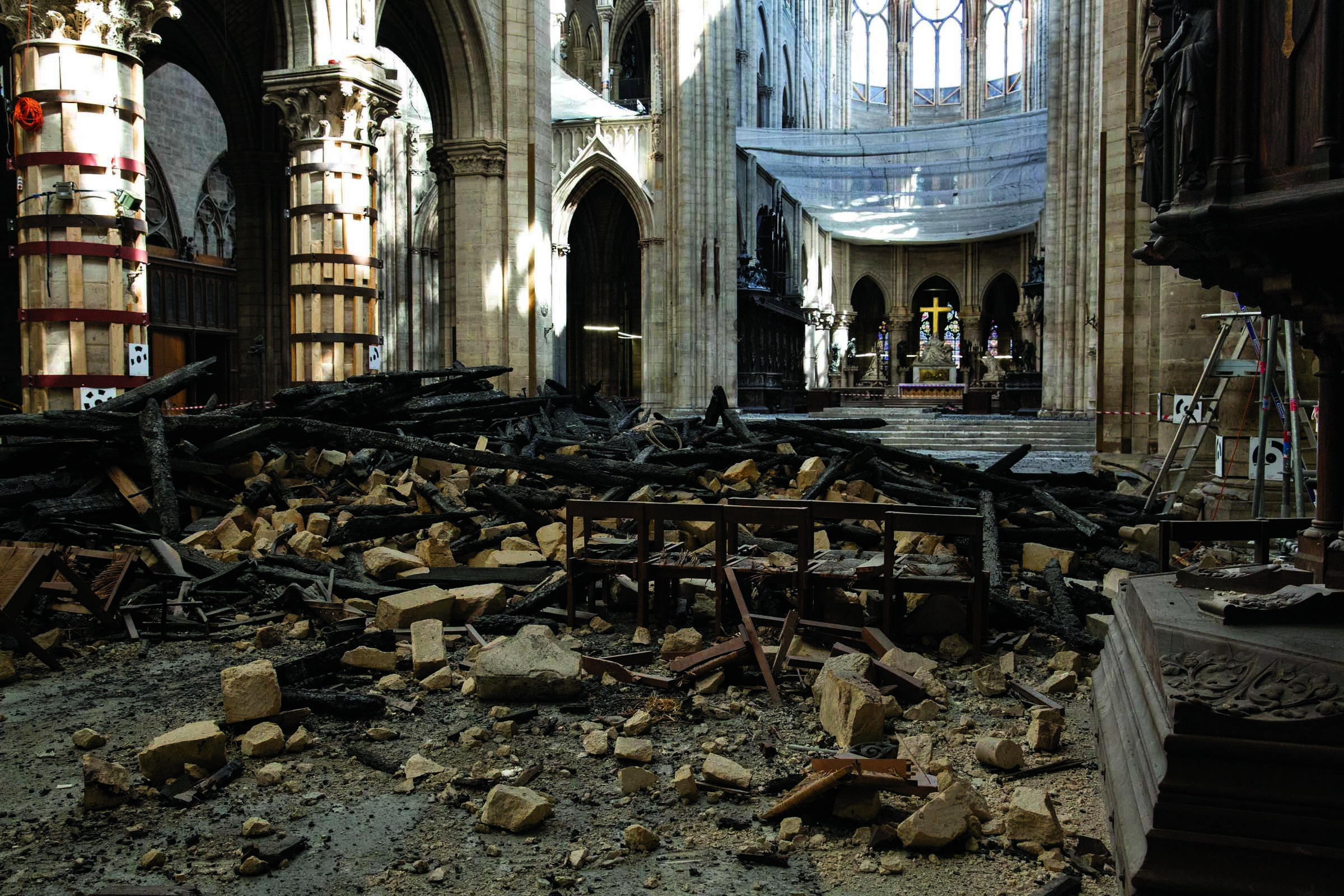 (Patrick Zachmann)
(Patrick Zachmann) -
Letter from Doggerland March/April 2022
Mapping a Vanished Landscape
Evidence of a lost Mesolithic world lies deep beneath the dark waters of the North Sea
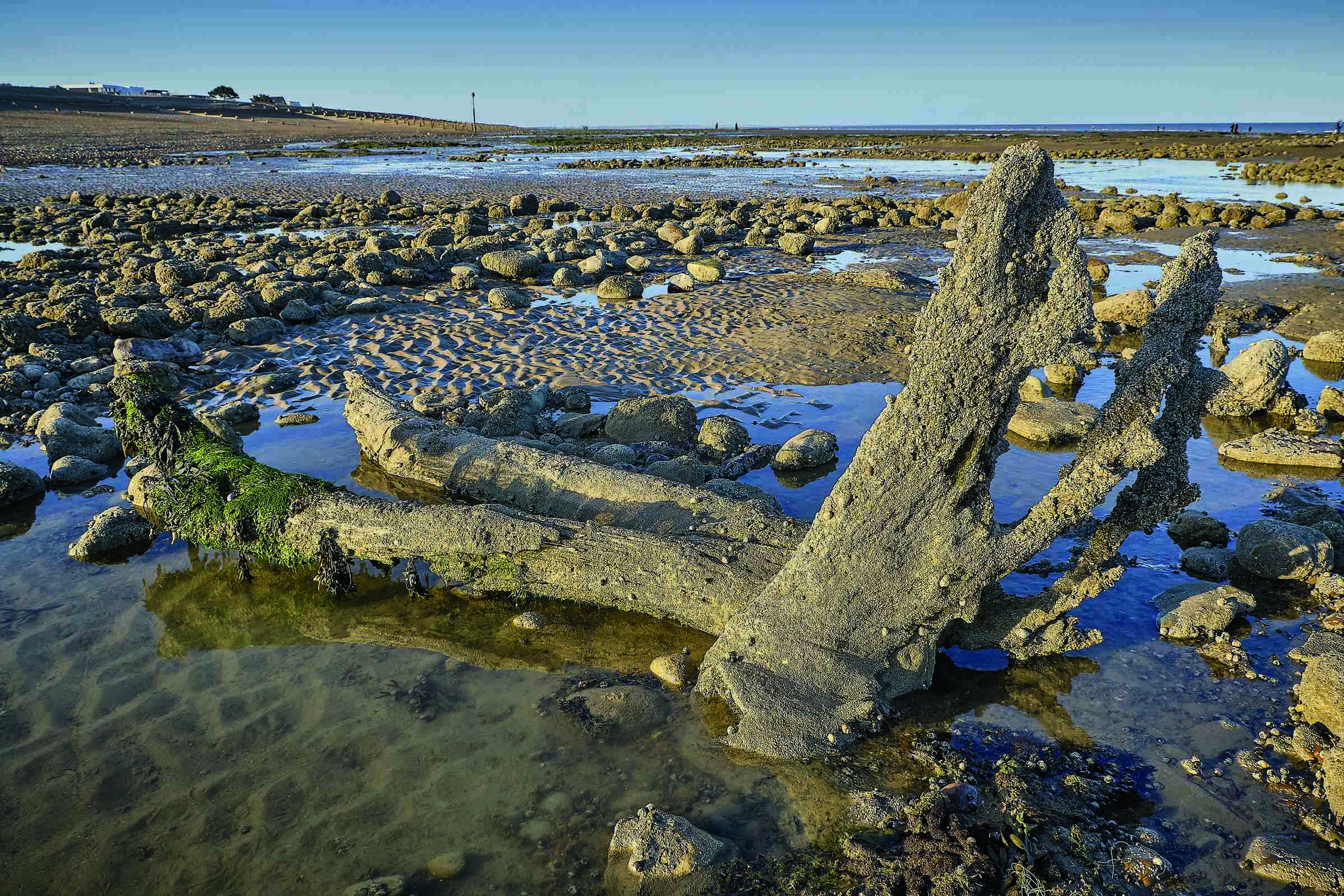 (M.J. Thomas)
(M.J. Thomas)


